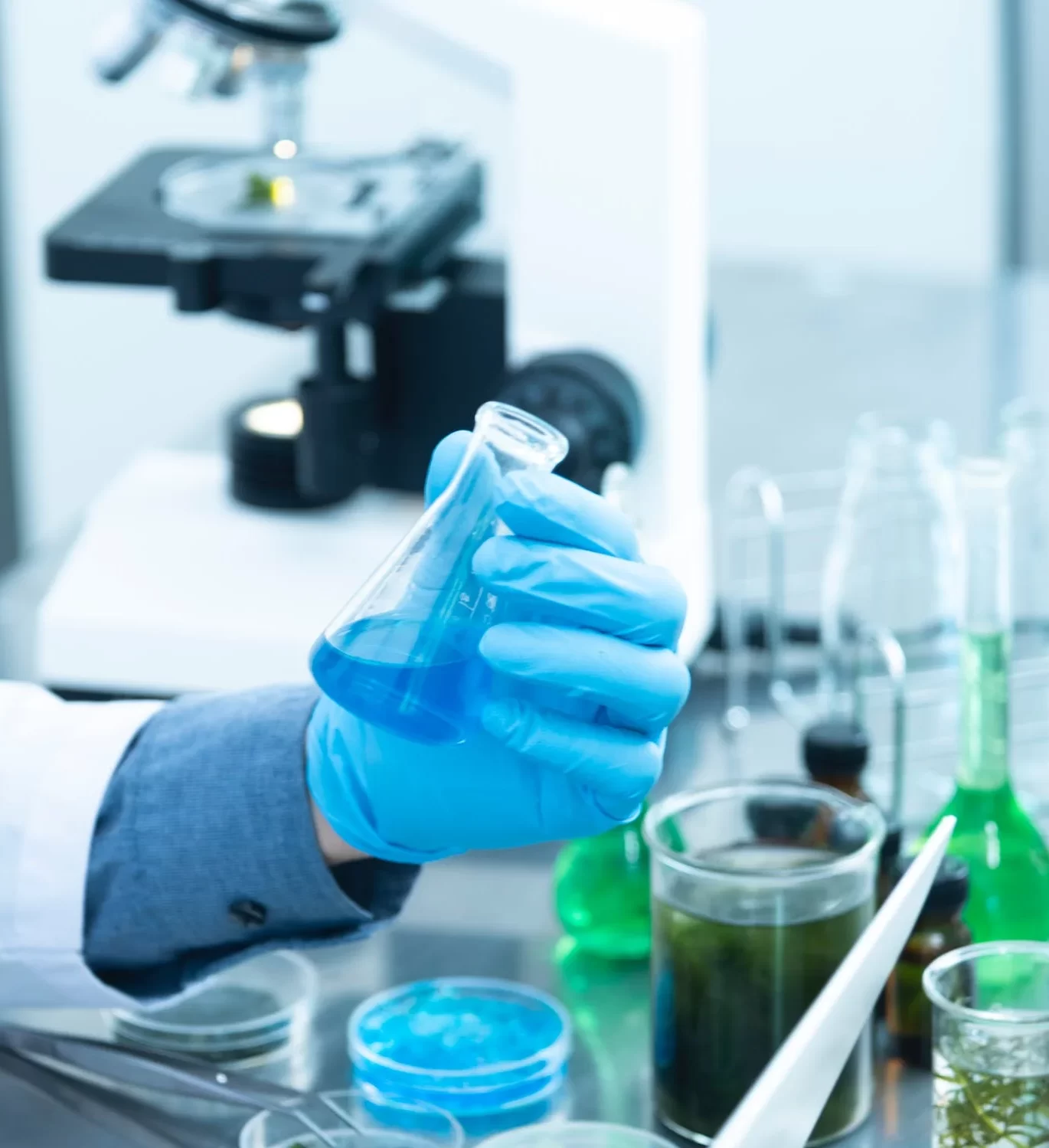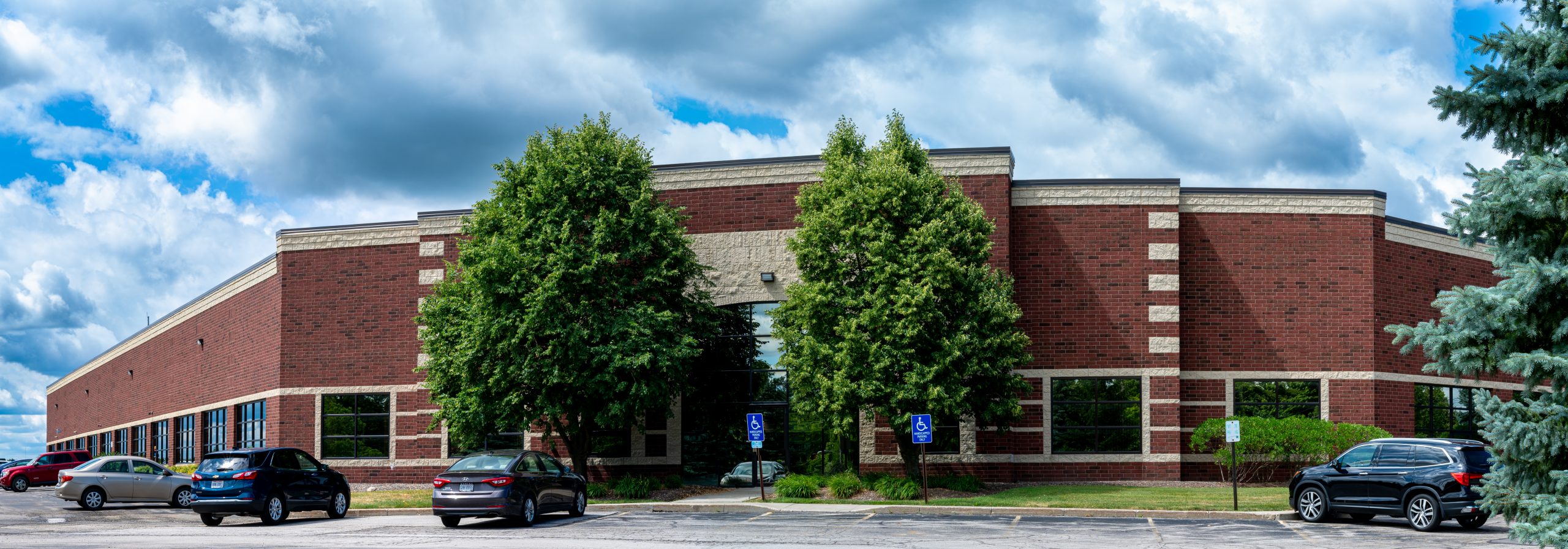GMP Aseptic Manufacturing for Clinical Trials
GMP Aseptic Manufacturing for Clinical Trials
Our Clinical Trial GMP Manufacturing Services at a Glance
- Seamless Technology Transfer: We ensure a smooth transition of formulation processes and analytical methods from R&D to GMP manufacturing for Phase 1 and 2 clinical batches.
- Extensive Experience: Oakwood Labs has significant expertise in producing global clinical trial materials for microsphere-based pharmaceuticals across all clinical phases.
- State-of-the-Art GMP Facility: Our FDA-approved aseptic GMP facility, qualified in 2005, is designed for manufacturing complex sustained-release microspheres, featuring ISO-classified areas and in-house QC microbiology and chemistry labs.
- Regulatory Compliance: Oakwood Labs maintains a strong compliance record, with the latest full GMP inspection in 2024 resulting in no major findings, ensuring adherence to FDA standards.
- Comprehensive Services: We offer full characterization capabilities, proper batch release documentation, and both accelerated and long-term stability studies to support clinical trial material production.

When the formulation has been scaled up successfully and is ready for a Phase 1 or 2 clinical batch for human testing, we perform a seamless technology transfer of the formulation process and analytical methods from our R&D labs to our GMP manufacturing facility.
GMP Facility for Clinical Trial Material
Typically Oakwood manufactures an engineering batch to confirm the process before producing our clinical material. Oakwood has extensive experience in manufacturing global clinical trial material of microsphere-based pharmaceutical products, for Phase 1, 2, and 3 clinical trials. Our aseptic GMP facility, designed specifically to accommodate the manufacture of this type of product, undergoes media fills at least every six months, maintaining zero turbidity since qualification. In addition we offer full characterization capabilities through our Microbiology and Chemistry groups, proper documentation of batch release, and accelerated and long-term stability studies.
As we progress later in development and nearing a Phase 3 clinical batch the process will have been validated. This includes determining specifications for key process parameters. For Phase 3 trials, multiple lots of API and polymer are utilized in order to demonstrate that product, made within the range of the polymer specifications, is safe and efficacious. All analytical methods for raw material and finished product will be validated at this point. We generally recommend that Phase 3 clinical trial material be produced at the same scale as the planned commercial scale, to avoid potential delays in commercializing the product should the clinical trials be successful. When it comes to manufacturing complex sustained release microspheres, expertise and experience are crucial to overcome the many challenges involved.
GMP Manufacturing Facility for Long-Acting Injectables
At Oakwood Labs, our FDA-approved cGMP manufacturing facility is capable of manufacturing Phase 1, 2, and 3 clinical materials, commercial products, and more. We currently have five FDA-approved products and have three additional registrations pending approval. With a long history of compliance and decades of industry experience, Oakwood Labs is a reliable provider of pharmaceutical contract manufacturing services and more.
Key Features of Our cGMP Manufacturing Facility
Oakwood built and maintains an aseptic, FDA-approved manufacturing facility to enhance its partnering and development capabilities. The features of our GMP manufacturing facility include:
- Qualified in 2005
- ISO classified
- ISO 5/7 filling area & aseptic formulation area
- ISO 7 equipment/component staging area
- ISO 8 support areas (equipment/component preparation; non-aseptic formulation)
- ISO 8 sampling/dispensing area
- Controlled non-classified area
- In-house QC Microbiology and QC Chemistry
- Raw material dispensing and weighing
- Non-aseptic formulation
- Equipment preparation and staging
- Compact and portable equipment train
- Aseptic formulation
- Aseptic filling
- Aseptic lyophilization
- Vial capping
- WFI & Clean Compressed Air generation and distribution systems
- Nitrogen distribution system
- Building automation system
- Inspecting, labeling, and packaging
- Shipping, receiving, and a temperature controlled warehouse space
Our Pharmaceutical Manufacturing Capabilities
As a full-service cGMP manufacturing facility, we are able to offer our partners a range of manufacturing services. These services include:
- Small volume injectables
- Sterile liquids, sterile lyophilized parenteral, suspensions, microspheres, and others
- Class III and IV controlled substances
- Vials with lyophilized or plug stoppers, with both 13 mm and 20 mm openings
- Phase I, Phase II, or Phase III clinical trial material
- Commercial products for use in humans or for veterinary use
- Formulation of microspheres and manufacturing depot injections
Capacity and Constraints
Oakwood currently fills 2cc – 30cc (13mm or 20mm) vials. Maximum batch sizes vary from 1,000 – 20,000 vials per batch, while the lyophilizer capacity is between 1,000 – 50,000 vials. Our cGMP manufacturing facility is unable to manufacture cytotoxins, genotoxics, penicillins, or cephalasporins.
Additional Services We Offer
In addition to our GMP pharmaceutical manufacturing capabilities, we also offer a variety of additional services at Oakwood Labs. Some of the services we provide include:
- Formulation and analytical development activities
- Accelerated and long-term stability studies
- Scale-up, validation, or engineering batches
- Complete method transfer and validation
- Batch record and protocol development
Contact Oakwood Labs for GMP Pharmaceutical Manufacturing Today!
In need of pharmaceutical contract manufacturing services? Contact the team at Oakwood Labs today! We are ready to work with you!
Additional Resources on Clinical Trials
- Development Activities Necessary for a Successful Phase 1 Clinical Trial
- What You Need to Know About Phase 1 and Phase 2 Clinical Trials
- What You Need to Know About Phase 3 Clinical Trials


